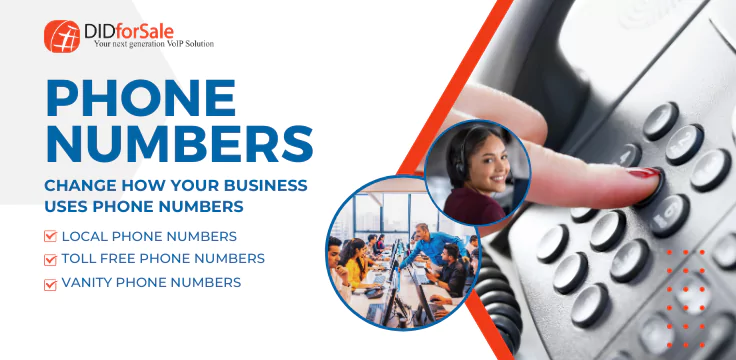Thanks to the different excellent marketing strategies and its own effectiveness, VOIP has become a byword for the past several years. Despite its popularity, however, a good number don’t know much about it.
Today we’re going to define VOIP.
VOIP stands for voice over Internet protocol. This basically works like your regular phone; the only major difference is that the connection used is through the Internet. Thus, even if you don’t have a standard phone line, if you are using cable TV and Internet-capable mobile devices (such those 3G or WIFI smartphones and tablet PCs), you can use VOIP.
There are many reasons why many use VOIP. Topping the list is its cost-effectiveness. It’s normally offered by providers as add-ons to cable channels or smartphone package. Thus, there’s no need for you to pay for extra fees.
You can also get away with the traditional charges telcos add to your bill, such as long-distance and roaming fees. Moreover, if the call is from PC to PC, you may not have to pay for anything at all.
VOIP is very easy to use and set up, so you don’t have to hire any specialist for maintenance. Business VOIP has helped hundreds of small businesses grow since they can manage their businesses even when they’re on the road.
Though it’s possible to set up VOIP all by yourself, it’s best if you rely on a good provider. This way, you can skip investing on equipment and infrastructure needed to run VOIP. For first-time users, providers offer guides in case they encounter issues in their connection.
Limitations of VOIP
VOIP is highly valued for its savings, efficiency, functionality, and flexibility. However, it also has its own limitations. For example, some don’t offer the 911 service. This means you cannot use the connection for emergency services. Further, there’s the issue of audio and even video quality. This is especially true with consumer VOIP, where bandwidth is often low and traffic is very high.
Future of VOIP
Needless to say, a lot of great developments continue to happen in the world of VOIP. For instance, we see huge strides in improving mobile VOIP to further make its features accessible to many. In the next few years, 4G, the fastest method of connecting to the Internet, is going to take the lead. VOIP is also going to be simplified further through wireless connection.




